
Author Profile: Kristen Arnold
Kristen Arnold MS, RDN, CSSD sports dietitian, cycling coach, Team USA Sports Director
kristen@arnoldrdn.com
IG: @sportsnutritionforwomen
Latest Nutrition Trends
Make 2024 your fastest year yet. This comprehensive guide will get you ahead of the game with the latest nutrition trends, evidence-based fueling strategies, and nutrition tips for runners. Whether you're a seasoned marathoner or a newbie hitting the pavement, gear up for practical insights that will elevate your runs to new heights in the evolving landscape of 2024.
Check out these latest nutrition trends and how they benefit runners.
Plant-Forward Eating
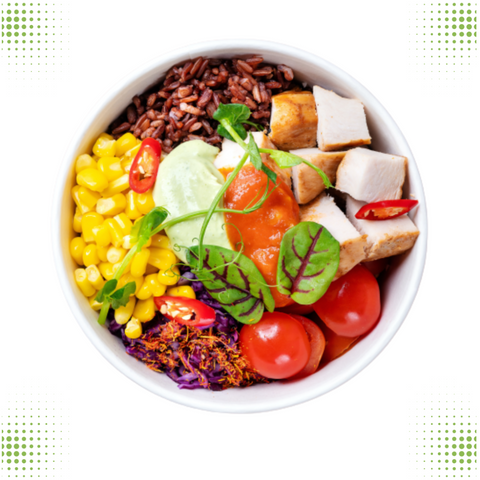
Plant-forward eating focuses on plant-based foods with the integration of some animal products. This approach focuses on the nutritional and sustainability benefits of fruits, vegetables, whole grains, and plant-based protein-rich foods while allowing for the flexibility of some animal products such as meat, seafood, eggs, and dairy. Plant-based foods are generally rich in vitamins, minerals, prebiotics (nutrients which support optimal gut health), and carbohydrates. Research suggests that adopting a plant-based or plant-forward pattern can positively impact runners’ health and performance due to the mix of types of carbohydrates, vitamins, minerals, and anti-inflammatory properties of common plant foods (Kahleova et al., 2017). A diet rich in carbohydrates provides optimal fuel for runners by supporting glycogen (stored carbohydrates and energy) for the muscles and glucose for the brain. The anti-inflammatory benefits of certain plant foods can support recovery by reducing exercise induced inflammation and optimizing cardiovascular health (Heather et al., 2019). Going plant-forward in 2024 can not only nourish the body, but also align with environmentally conscious choices valued by many runners.
Nutrition for Brain Health and Cognition

Advancements and evolving trends in nutrition strategies to optimize brain health and cognition offer a range of benefits for runners. Researchers who published an article in 2014 in the peer-reviewed journal, Military Medicine, highlight how omega-3 fish oil supplementation has been shown to be effective in enhancing cognitive function, mood, and emotional states such as depression in active people (Shei et al 2014). While omega-3 fish oil supplementation has not been shown to directly impact performance outcomes of runners, they may indirectly contribute to the health and well-being of runners and therefore lead to more consistent training and athletic progression. As runners explore the intersection of physical and mental performance, staying attuned to these nutrition strategies may not only contribute to improve brain health and cognition but also a holistic approach to overall performance and well-being while training and racing.
Nutrition for Gut Health

Runners in particular may be especially attuned to trends in gut health as they may be more likely to experience adverse gut symptoms such as side stitches, bloating, and loose stool before important training runs and races. Check out the next section in this article to talk about strategies to avoid these issues.
Scientific evidence continues to emerge unraveling the intricate relationship between gut health and athletic outcomes. These findings emphasize the role of a diverse and well-balanced microbiome in supporting endurance and recovery (Martinez et al., 2020). Trends promoting the consumption of prebiotics and probiotics, found in foods like yogurt, kefir, and high-fiber fruits and vegetables, align with the scientific understanding of how these elements contribute to a healthier gut environment. A robust gut microbiota has been associated with improved nutrient absorption, enhanced immune function, and reduced inflammation—all crucial factors for runners engaging in intense training and races (Mohr et al 2022). By engaging in strategies and eating foods that promote optimal gut health, runners can foster a digestive environment that complements their physical pursuits promoting accelerated recovery and sustain performance on the track, road, or trail.
Foods rich in probiotics - yogurt, kefir, sauerkraut, kimchi, kombucha
Foods rich in prebiotics - garlic, onions, leeks, asparagus, bananas, Jerusalem artichokes
Functional Beverages
Grocery stores, Coffee shops, and even bars and restaurants are now offering a selection of functional beverages. Functional beverages can be defined as ready to drink products which contain compounds and ingredients which promote health and vitality. Common ingredients included in functional beverages include adaptogens (typically extracts of specific plants and roots which affect the central nervous system and lower overall stress in the body), prebiotics (specific types of fiber which feed good gut bacteria), probiotics (beneficial microbes or bacteria for gut health), and anti-inflammatory foods such as ginger and turmeric. While not all functional beverages include an effective dosage of an ingredient to see a positive effect, they do have some promising benefits. On top of that, any beverage that tastes good will encourage runners to regularly hydrate which contributes to meeting their hydration needs and positive performance and health benefits.
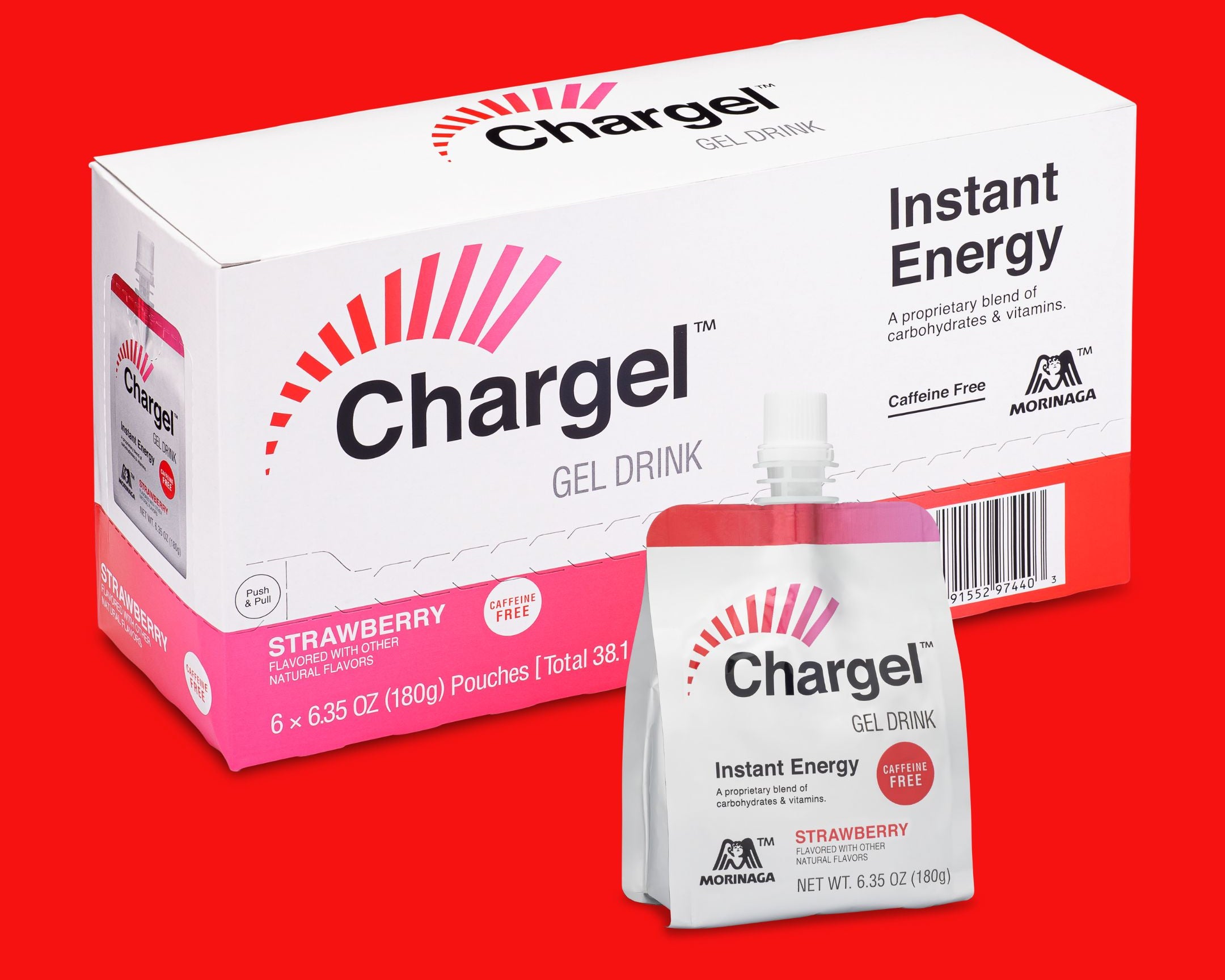
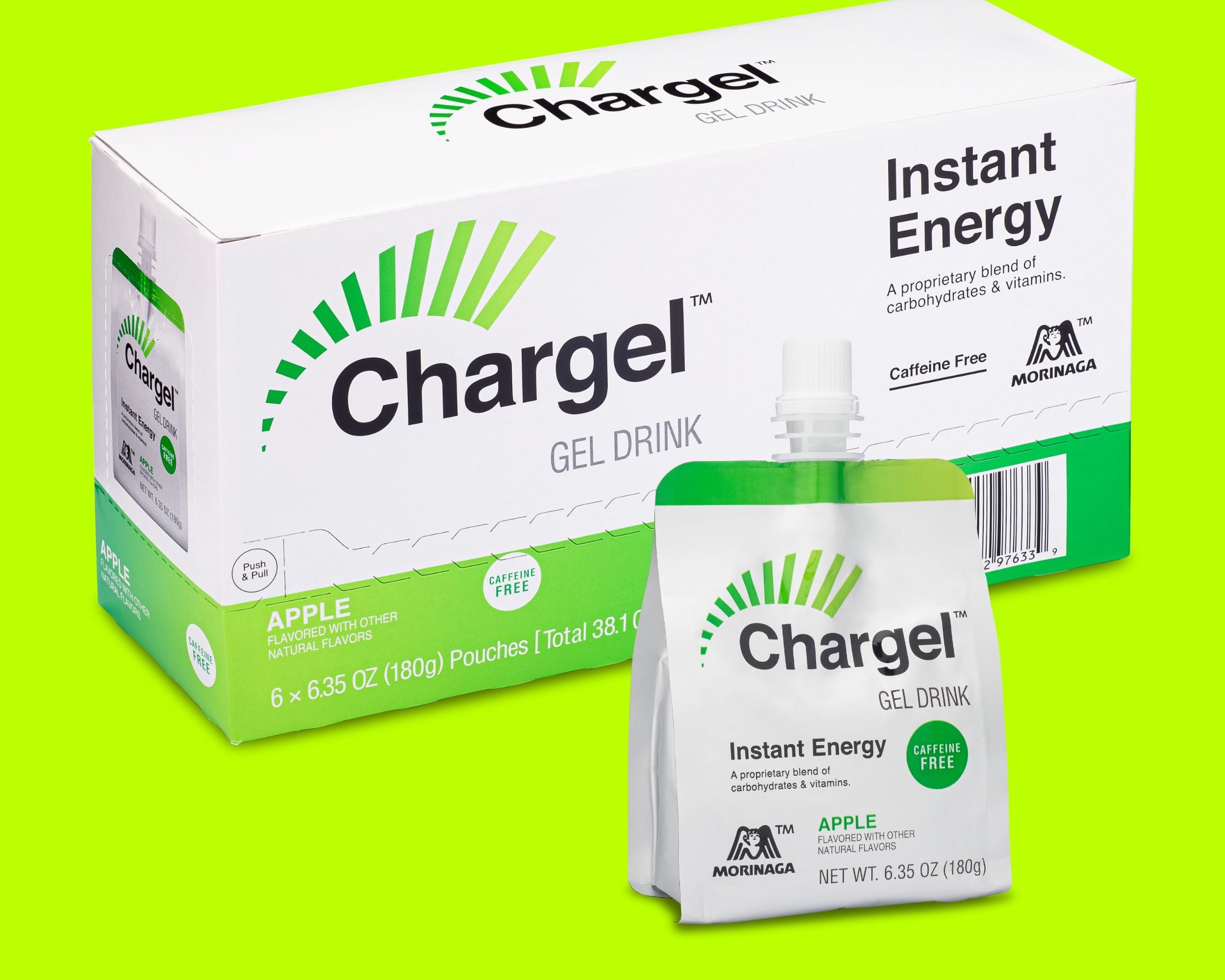
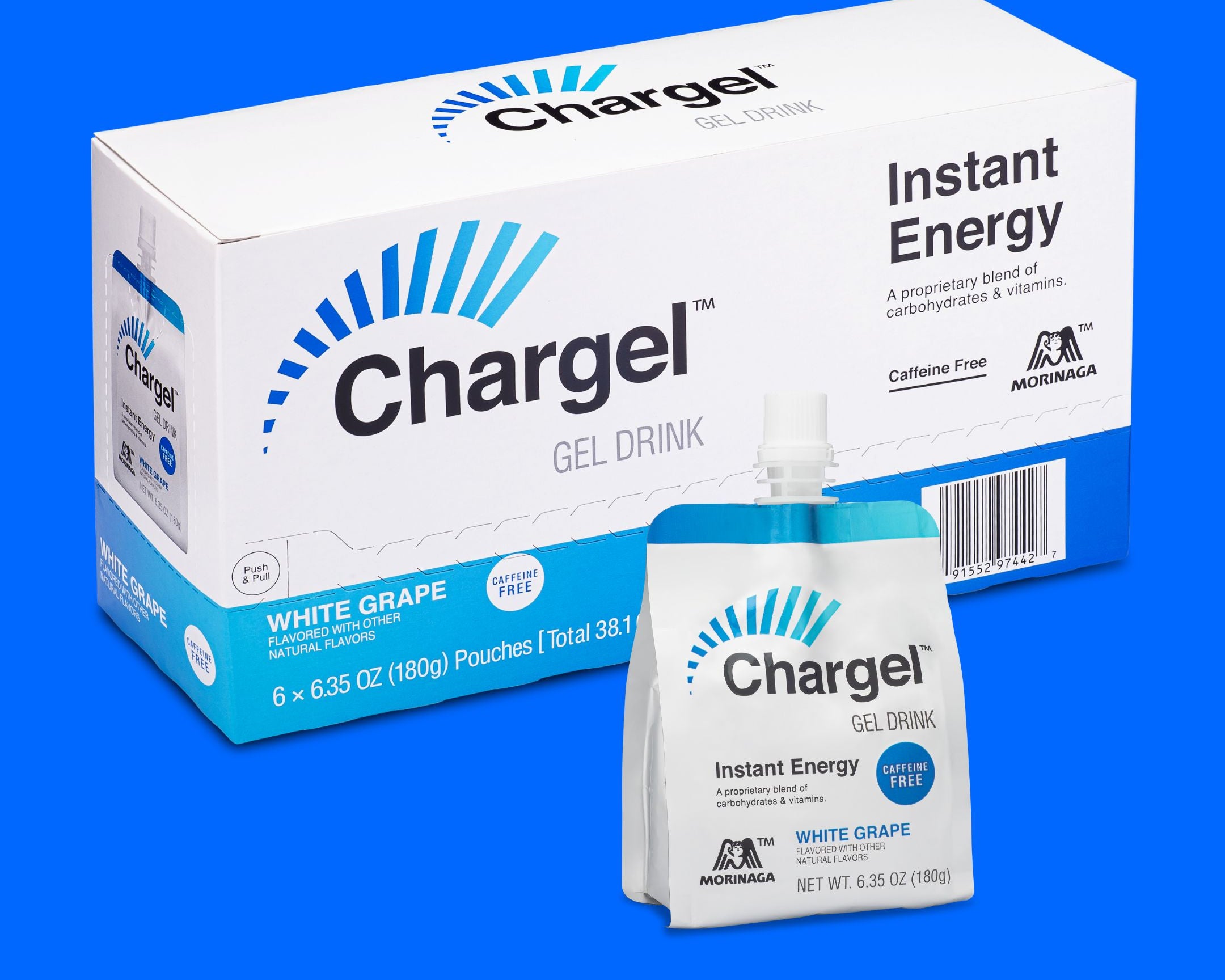
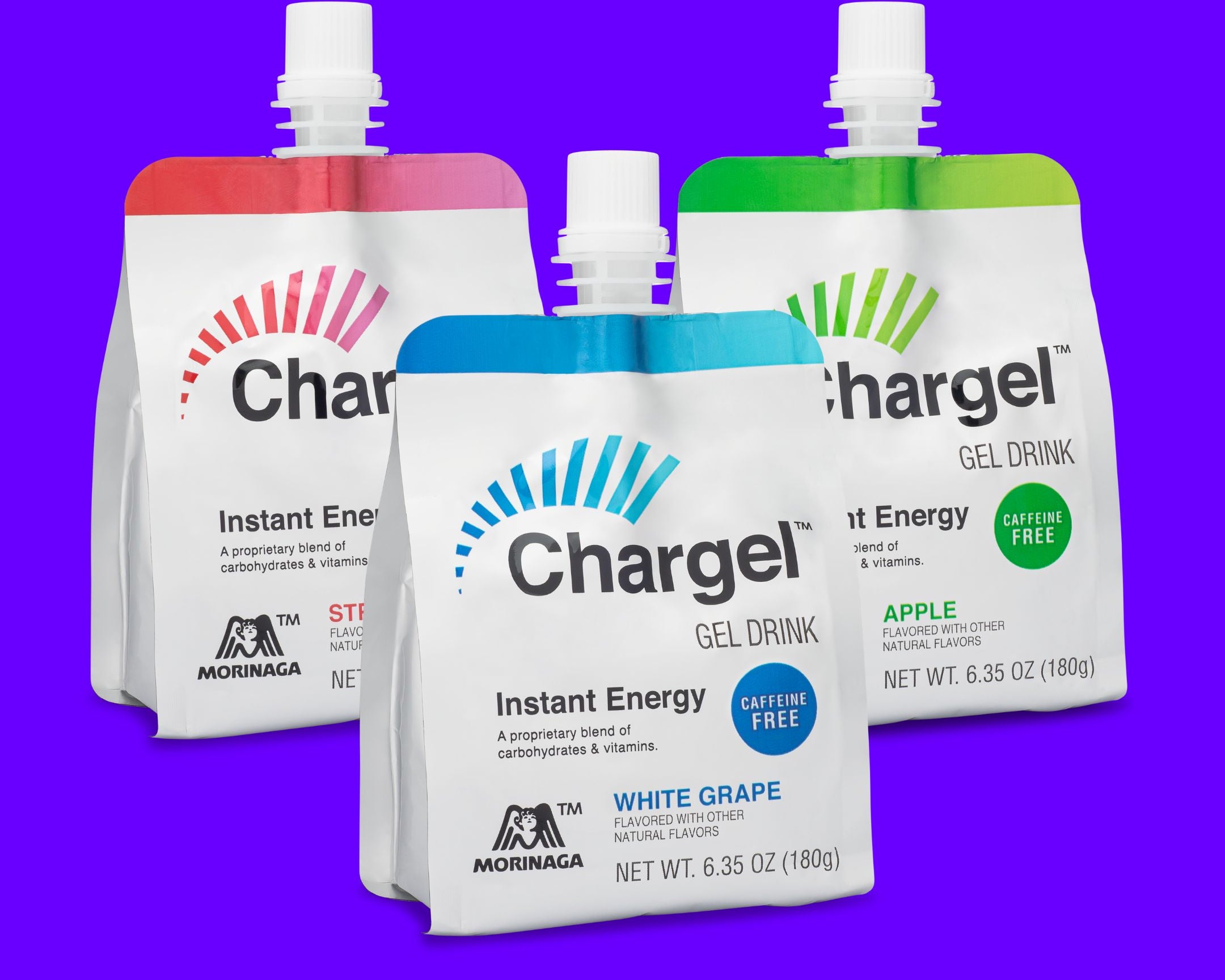
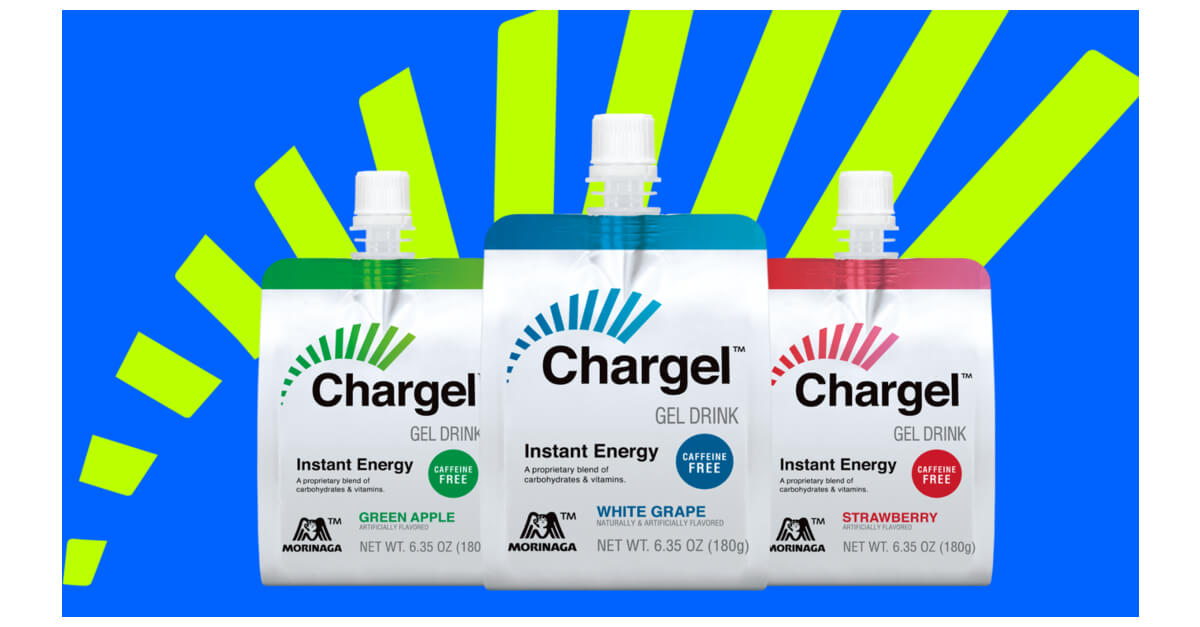






elecroindrive.com
elecroindrive.com
elecroindrive.com
elecroindrive.com
elecroindrive.com
elecroindrive.com
elecroindrive.com
elecroindrive.com
elecroindrive.com
elecroindrive.com
elecroindrive.com
elecroindrive.com
elecroindrive.com
elecroindrive.com
elecroindrive.com
elecroindrive.com
elecroindrive.com
elecroindrive.com
elecroindrive.com
elecroindrive.com
elecroindrive.com
elecroindrive.com
elecroindrive.com
elecroindrive.com
elecroindrive.com
elecroindrive.com
elecroindrive.com
elecroindrive.com
elecroindrive.com
elecroindrive.com
elecroindrive.com
elecroindrive.com
elecroindrive.com
elecroindrive.com
elecroindrive.com
elecroindrive.com
elecroindrive.com
elecroindrive.com
elecroindrive.com
elecroindrive.com
elecroindrive.com
elecroindrive.com
elecroindrive.com
elecroindrive.com
elecroindrive.com
elecroindrive.com
elecroindrive.com
elecroindrive.com
elecroindrive.com
elecroindrive.com
elecroindrive.com
elecroindrive.com
elecroindrive.com
elecroindrive.com
elecroindrive.com
elecroindrive.com
elecroindrive.com
elecroindrive.com
elecroindrive.com
elecroindrive.com
elecroindrive.com
elecroindrive.com
elecroindrive.com
elecroindrive.com
elecroindrive.com
elecroindrive.com
elecroindrive.com
elecroindrive.com
elecroindrive.com
elecroindrive.com
elecroindrive.com
elecroindrive.com
elecroindrive.com
elecroindrive.com
elecroindrive.com
elecroindrive.com
elecroindrive.com
elecroindrive.com
elecroindrive.com
elecroindrive.com
elecroindrive.com
elecroindrive.com
elecroindrive.com
elecroindrive.com
elecroindrive.com
elecroindrive.com
elecroindrive.com
elecroindrive.com
elecroindrive.com
elecroindrive.com
elecroindrive.com
elecroindrive.com
elecroindrive.com
elecroindrive.com
elecroindrive.com
elecroindrive.com
elecroindrive.com
elecroindrive.com
elecroindrive.com
elecroindrive.com
elecroindrive.com
elecroindrive.com
elecroindrive.com
elecroindrive.com
elecroindrive.com
elecroindrive.com
elecroindrive.com
elecroindrive.com
elecroindrive.com
elecroindrive.com
elecroindrive.com
elecroindrive.com
elecroindrive.com
elecroindrive.com
elecroindrive.com
elecroindrive.com
elecroindrive.com
elecroindrive.com
elecroindrive.com
elecroindrive.com
elecroindrive.com
elecroindrive.com
elecroindrive.com
elecroindrive.com
elecroindrive.com
elecroindrive.com
elecroindrive.com
elecroindrive.com
elecroindrive.com
elecroindrive.com
elecroindrive.com
elecroindrive.com
elecroindrive.com
elecroindrive.com
elecroindrive.com
elecroindrive.com
elecroindrive.com
elecroindrive.com
elecroindrive.com
elecroindrive.com
elecroindrive.com
elecroindrive.com
elecroindrive.com
elecroindrive.com
elecroindrive.com
elecroindrive.com
elecroindrive.com
elecroindrive.com
elecroindrive.com
elecroindrive.com
elecroindrive.com
elecroindrive.com
elecroindrive.com
elecroindrive.com
elecroindrive.com
elecroindrive.com
elecroindrive.com
elecroindrive.com
elecroindrive.com
elecroindrive.com
elecroindrive.com
elecroindrive.com
elecroindrive.com
elecroindrive.com
elecroindrive.com
elecroindrive.com
elecroindrive.com
elecroindrive.com
elecroindrive.com
elecroindrive.com
elecroindrive.com
elecroindrive.com
elecroindrive.com
elecroindrive.com
elecroindrive.com
elecroindrive.com
elecroindrive.com
elecroindrive.com
elecroindrive.com
elecroindrive.com
elecroindrive.com
elecroindrive.com
elecroindrive.com
elecroindrive.com
elecroindrive.com
elecroindrive.com
elecroindrive.com
elecroindrive.com
elecroindrive.com
elecroindrive.com
elecroindrive.com
elecroindrive.com
elecroindrive.com
elecroindrive.com
elecroindrive.com
elecroindrive.com
elecroindrive.com
elecroindrive.com
elecroindrive.com
elecroindrive.com